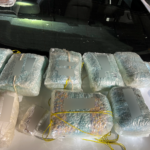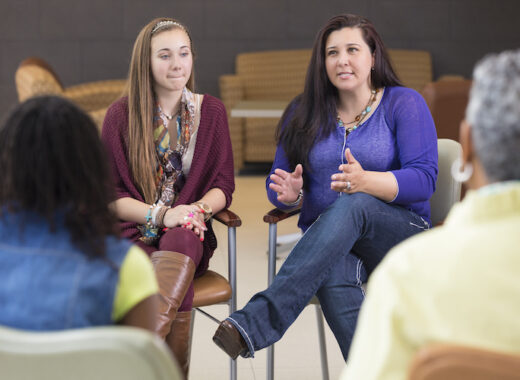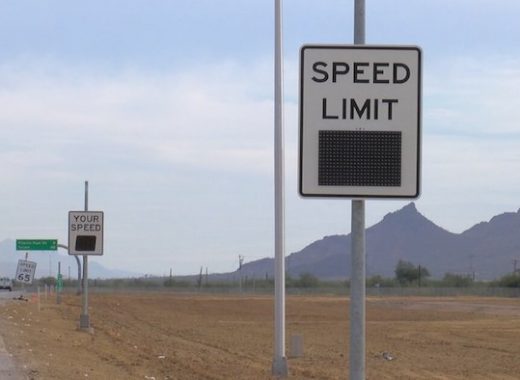The U.S. Department of Education announced awards totaling nearly $1 billion through the Bipartisan Safer Communities Act (BSCA). The Stronger Connections grants will help schools provide all students with safe and supportive learning opportunities and environments that are critical for their success.
The United States Department of Education awarded $20,826,927 to Arizona.
Through the BSCA, and under the leadership of President Biden, Congress provided $1 billion in Title IV, Part A formula funding to State educational agencies (SEAs) to develop state grant programs to provide students with safer and healthier learning environments. Earlier today, Secretary Cardona informed chief state school officers of their allocations under the BSCA Stronger Connections grant program. SEAs must award these funds competitively to high-need local educational agencies (LEAs), as determined by the state,to fund activities allowable under section 4108 of the Elementary and Secondary Education Act (ESEA).
“We have years of evidence that demonstrate the value of building safe and supportive schools. These efforts improve academic achievement, promote emotional well-being, reduce disciplinary actions, and increase positive behaviors,” said U.S. Secretary of Education Miguel Cardona. “Safe and supportive schools help our children and youth overcome trauma and provide a strong foundation of emotional and physical safety. These grants will provide real benefits to real students in real schools.”
Safe and supportive schools are proven by decades of rigorous research to be most effective in supporting academic success as well as meeting the social, emotional, physical, and mental health needs of students. These funds can also be used to support school and community partnerships that pursue multifaceted solutions to more effectively prevent and respond to acts of bullying, violence, and hate that impact members of our school communities at both individual and systemic levels.
As part of the Department’s announcement, Secretary Cardona sent chief state school officers a Dear Colleague Letter outlining three principles that SEAs are strongly encouraged to consider when designing a competitive grant competition and providing LEAs with direction for how they use these funds: (1) Implementing comprehensive, evidence-based strategies that meet student social, emotional, and mental well-being needs; create positive, inclusive, and supportive school environments; and increase access to place-based interventions and services (2) Engaging students, families, educators, staff, and community organizations in the selection and implementation of strategies and interventions to create safe, inclusive, and supportive learning environments (3) Designing and implementing policies and practices that are responsive to underserved students, protect student rights, and demonstrate respect for student dignity and potential. These policies are consistent with the Administration’s previous position on these issues.
By leveraging federal and state funds, 20 school districts in West Virginia are implementing evidence-based community schools and adding counselors, six counties now employ at least one health professional in each school, and nearly 100 schools have expanded mental health services through the Expanded School Mental Health Program. This is a great example of intentional collaboration. The West Virginia Department of Health and Human Resources’ Bureau for Behavioral Health, the state department of education, and the Marshall University School of Medicine are all working together in support of West Virginia kids.
More information about the BSCA Stronger Connections grant program can be found here.








